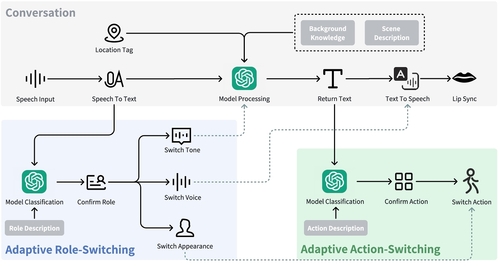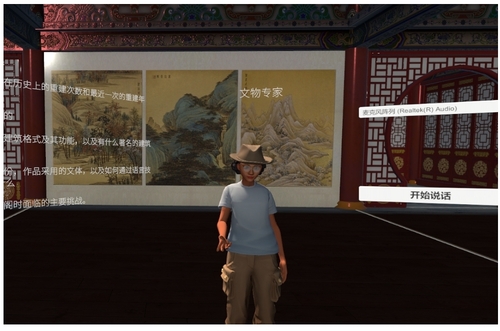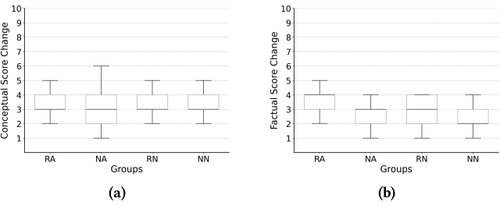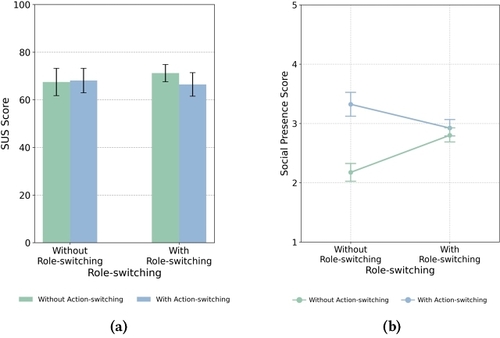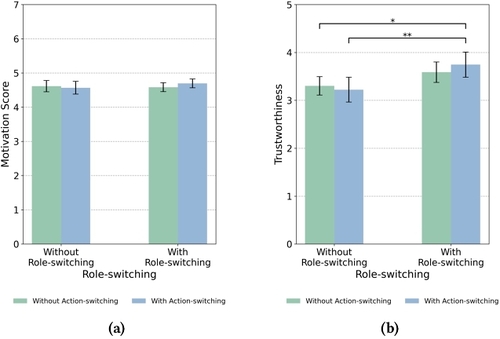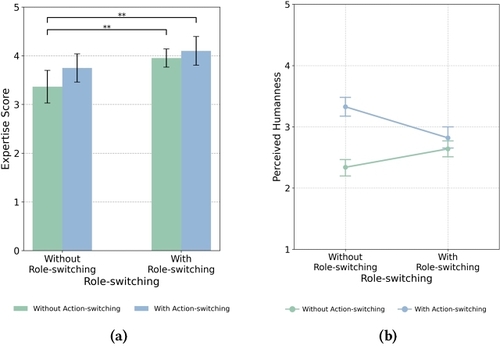Background and Challenges
VR technology enables immersive, time-travel-like experiences that reconstruct historical scenes and make abstract knowledge tangible. Pedagogical agents (PAs) are central to this transformation, guiding learners through narratives, spatial exploration, and contextual storytelling. However, existing multi-role PAs often remain cumbersome to control, offer rigid feedback, and fail to adapt to individual learner needs. The rapid evolution of large language models (LLMs) opens new opportunities for designing PAs that can personalize instruction and respond dynamically to learner inputs.
- Operational complexity: Learners must manually switch roles or dialogue options, which disrupts flow.
- Limited feedback forms: PAs rarely combine verbal, visual, and gestural cues to enrich explanations.
- Lack of adaptivity: Static scripts cannot address diverse questions or prior knowledge levels.
